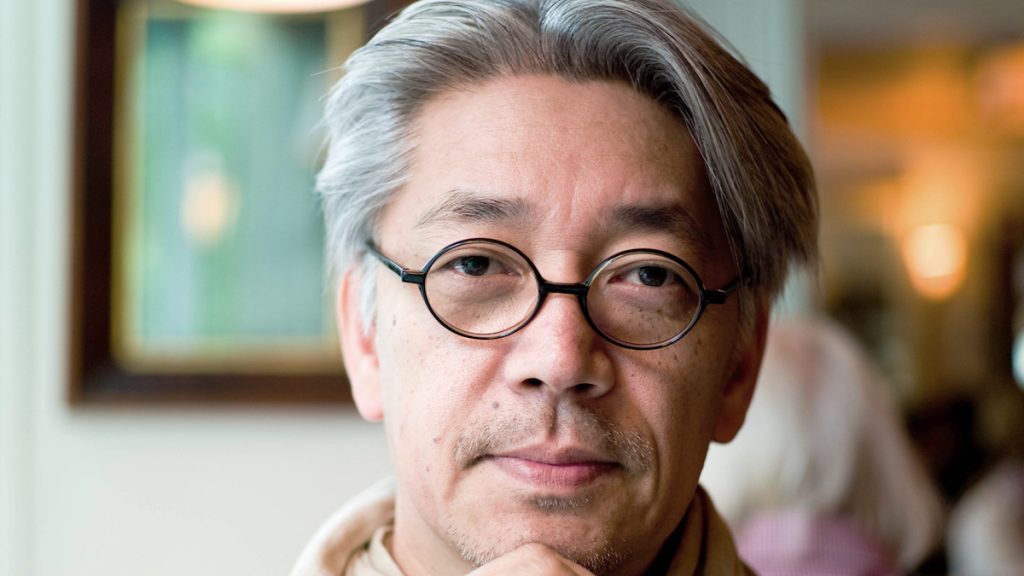
Ryuichi Sakamoto, the highly influential Japanese pianist, composer, and electronic music producer, has died at 71, Kyodo News reports.
Sakamoto had first revealed a throat cancer diagnosis in 2014, which went into remission after successful treatment. In 2021, he announced that he was battling rectal cancer, and a 2022 update shared that the cancer had reached stage 4.
Ryuichi Sakamoto was born on January 17th, 1952 in Tokyo, Japan and studied at the Tokyo National University of Fine Arts and Music, where he graduated with a master’s degree in music composition. He was an early adopter of synthesizers and his experimentation in early works, specifically with the Roland MC-8 Microcomposer and TR-808 drum machine, became foundational for contemporary electronic music.
As both a solo artist and as a member of Yellow Magic Orchestra, the electropop trio formed with Haruomi Hosono and Yukihiro Takahashi, Ryuichi Sakamoto pioneered early incarnations of synth pop as well as various offshoots of electronic music. The group released their self-titled debut in 1978, just months apart from Sakamoto’s first solo LP, Thousand Knives.
After YMO disbanded in 1984, Sakamoto ascended to a new level of international acclaim as the film composer for the 1987 Bernardo Bertolucci film, The Last Emperor, for which he won an Academy Award, Grammy, and Golden Globe. He went on to score 1990’s The Sheltering Sky, 1993’s Little Buddha, and more recently, 2015’s The Revenant. In 1983, he also acted alongside David Bowie in Merry Christmas, Mr. Lawrence.
Outside of his film work, Sakamoto cultivated an extensive solo catalogue that included collaborations with the likes of David Byrne, Iggy Pop, and Brian Wilson. In recent years, his ouput began to directly reflect and confront his medical prognosis, particularly on 2017’s async. In December 2022, Sakamoto performed at a livestreamed event to launch his twentieth album, 12, which he shared “might be the last time that you will see me perform in this manner.”
Living by the motto “Anything can be music,” Sakamoto conducted the 2016 improvisational art piece “Glass” with musician Alva Noto using Philip Johnson’s modernist architectural marvel Glass House as a tangible instrument. His 2017 documentary Coda married his passion for environmental activism with musical experimentation by staging the composer in the Arctic to record amongst melting snow. He also founded the more trees project dedicated to reforestation and carbon offsetting.
In 2022, Sakamoto stated that he was committed to “make music until my last moment, like Bach and Debussy whom I adore.” Earlier in 2019, he shared, “Music, work, and life all have a beginning and an ending. What I want to make now is music freed from the constraints of time.”

